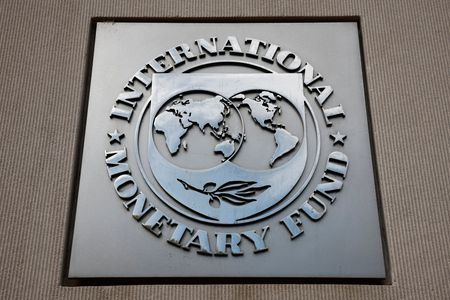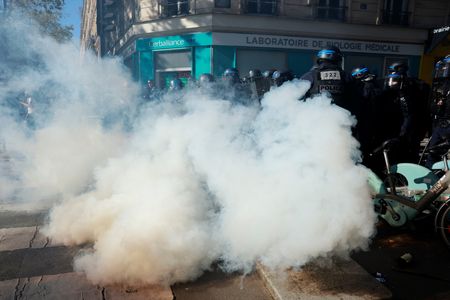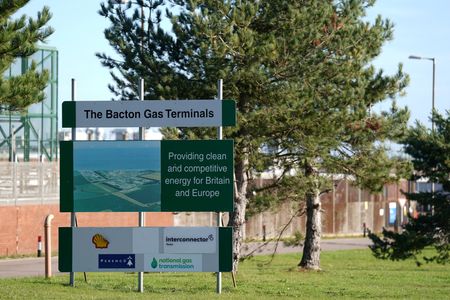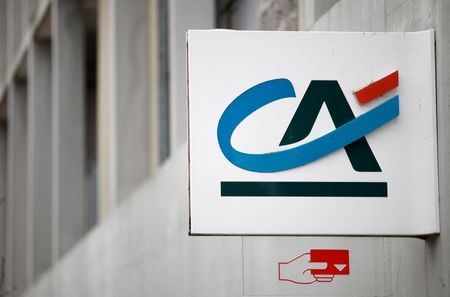KYIV/MOSCOW (Reuters) – Ukraine said on Thursday that its drones had struck a major oil processing and petrochemical complex and an oil refinery in Russia, part of an intensifying campaign to disrupt Moscow’s oil and gas sector.
Ukraine, which has become increasingly frustrated with the pace and direction of peace talks with Russia, has stepped up drone attacks on Russian energy infrastructure in recent weeks, systematically targeting key facilities to try to reduce Moscow’s export revenues and stir domestic discontent.
Russia, which regularly targets Ukraine’s energy infrastructure, calls the attacks “acts of terrorism”. Some parts of Russia have suffered gasoline shortages as a result of the Ukrainian campaign.
A source in Kyiv’s SBU security service said Ukrainian drones had struck an oil refinery in central Russia’s Bashkortostan region overnight, causing damage to a distillation station there.
Radiy Khabirov, the head of Bashkortostan region in the Ural Mountains, said that two Ukrainian drones had attacked the Gazprom Neftekhim Salavat oil processing and petrochemical complex, one of Russia’s largest.
“We are assessing the extent of the damage. We’re currently putting out the fire. All the (emergency) services are on site,” Khabirov said on Telegram.
There were no casualties and the complex’s own security forces had opened fire on the drones, he said. The same complex was attacked by Ukraine in May 2024.
Russia’s TASS news agency later reported, citing the regional government’s press service, that the complex was operating normally, while the fire had been contained.
Ukrainian drones last week also attacked an oil refinery in Ufa, Bashkortostan’s regional capital, which lies approximately 1,400 kilometres (870 miles) from the Ukrainian border.
Separately, Ukraine’s military said on Thursday that its Special Operations Forces had struck an oil refinery in Russia’s Volgograd region overnight, temporarily halting operations.
Andrei Bocharov, the governor of the Volgograd region, said on Telegram that air defence forces had repelled what he called a massive Ukrainian drone attack. He mentioned minor damage to people’s homes, but made no mention of damage to the oil refinery and said nobody had been hurt.
Reuters could not independently verify the Ukrainian assertion about the Volgograd refinery.
According to industry sources, the Volgograd refinery, controlled by Lukoil, processed 13.7 million metric tons of oil, or 5.1% of the total volume at Russian refineries in 2024.
(Reporting by Anastasiia Malenko in Kyiv, Tom Balmforth in London and by Vladimir Soldatkin in Moscow; Writing by Andrew Osborn; Editing by Frances Kerry)









